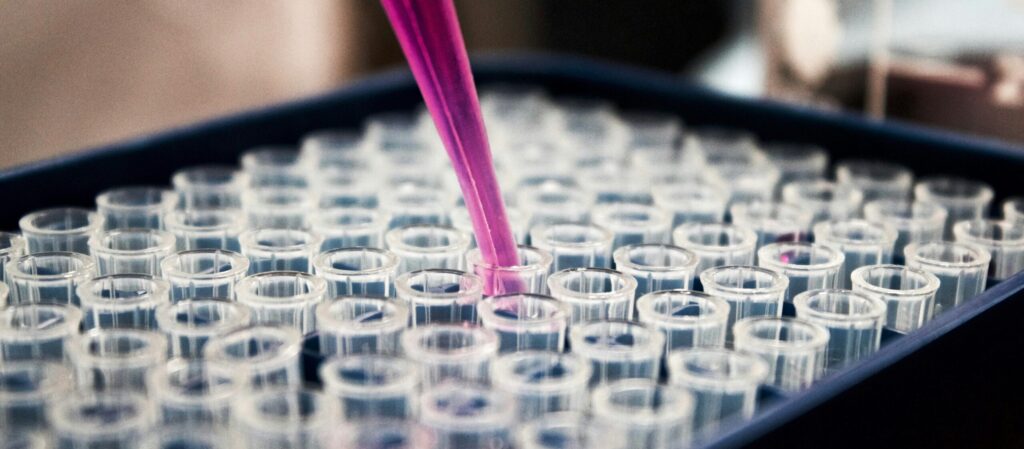
Photo by Louis Reed on Unsplash
What Are Peptides?
Peptides are short chains of amino acids, the building blocks of proteins. They play crucial roles in various biological processes within the body, acting as signaling molecules, hormones, and neurotransmitters. With their diverse functions, peptides contribute to everything from muscle growth and tissue repair to immune system regulation and hormone balance.
The Benefits of Certain Peptides
One of the most significant draws of peptides lies in their potential health benefits. Here are some common peptides and the advantages they offer:
- Collagen Peptides: Known for their skin-rejuvenating properties, collagen peptides can improve skin elasticity, hydration, and overall appearance. They may also support joint health and reduce the risk of age-related conditions like osteoarthritis.
- Growth Hormone-Releasing Peptides (GHRPs): GHRPs stimulate the production and release of growth hormone, which plays a crucial role in muscle growth, fat metabolism, and overall vitality. These peptides are often used for anti-aging purposes and for improving athletic performance.
- Melanotan II: This peptide is famous for its ability to induce skin darkening, providing a tan-like appearance without prolonged sun exposure. Melanotan II has garnered attention for its potential to reduce the risk of skin cancer and protect against harmful UV radiation.
- BPC-157: Known for its healing properties, BPC-157 promotes tissue repair and regeneration, making it popular among athletes and individuals recovering from injuries or surgeries. It may also alleviate symptoms of inflammatory conditions like inflammatory bowel disease (IBD).
How can I activate Bioavailable peptides?

Photo by Jacopo Maia on Unsplash
Activating natural, bioavailable peptides typically involves processes that promote their production or release within the body or extraction from natural sources. Here are some ways to potentially activate or enhance the availability of natural peptides:
- Nutrition: Consuming foods rich in bioactive peptides can help. Certain foods, like milk, eggs, fish, and soybeans, contain peptides with various health benefits. For instance, casein and whey proteins in milk are sources of bioactive peptides known for their antimicrobial, antihypertensive, and immunomodulatory properties.
- Fermentation: Fermentation can enhance the bioavailability of peptides in foods. Fermented foods like yogurt, kefir, and sauerkraut contain peptides produced during the fermentation process, which may have enhanced bioactivity compared to their non-fermented counterparts.
- Enzymatic Hydrolysis: Enzymatic hydrolysis involves breaking down proteins into peptides using specific enzymes. This process is commonly used in food processing to produce protein hydrolysates, which are rich sources of bioactive peptides. Enzymatic hydrolysis can increase the bioavailability and functionality of peptides by breaking down large protein molecules into smaller, more easily absorbed peptides.
- Exercise: Physical activity can stimulate the production of certain peptides in the body. For example, exercise-induced muscle contractions can trigger the release of endorphins, which are peptides that act as natural painkillers and mood enhancers.
- Stress Reduction: Chronic stress can negatively impact peptide production and release. Practices such as mindfulness meditation, deep breathing exercises, and yoga may help reduce stress levels, thereby promoting the natural activation of bioavailable peptides.
- Peptide Supplements: Some companies produce peptide supplements derived from natural sources or synthesized in the laboratory. These supplements are designed to deliver specific bioactive peptides in concentrated form for targeted health benefits. However, it’s essential to consult with a healthcare professional before taking any supplements to ensure they are safe and appropriate for your individual needs.
By incorporating these strategies into your lifestyle, you may be able to support the activation and availability of natural bioavailable peptides in your body.
You can learn more from Andrew Huberman’s Podcast here:
Reputable sources for clinically approved peptides
1. peptides Sciences

Peptide Sciences™ focuses on producing highly purified peptides, proteins, and amino acid derivatives for scientific research. They utilize advanced technology and stringent quality control measures to achieve over 99% purity.
Their process, from synthesis to delivery, ensures top-quality peptides, verified through advanced analytical testing.
- Peptide Sciences: https://www.peptidesciences.com/
2. Core Peptides
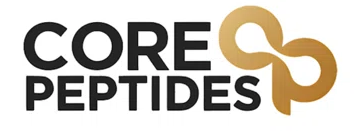
Core Peptides is a prominent supplier of top-grade peptides to laboratories, researchers, and academic institutions worldwide. Their products are synthesized and lyophilized in the United States, boasting purity levels surpassing 99%+.
They offer a diverse range of standard peptides, topical peptides, blends, and customizable orders, supported by a knowledgeable team.
- Core Peptides: https://www.corepeptides.com/
3. Chemyo

Chemyo is dedicated to offering superior SARMs and reference materials. Their stringent quality control surpasses industry standards, ensuring the highest quality products.
They provide blind and independent third-party testing on all items, guaranteeing reliability and excellence as your trusted SARMs supplier.
- Chemyo: https://www.chemyo.com/
4. Peptide Technologies
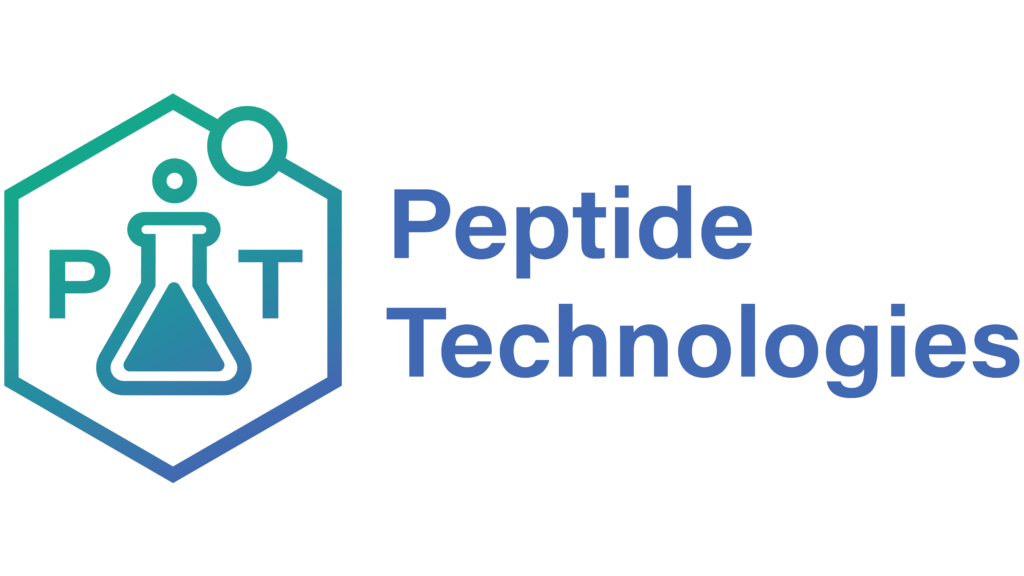
Peptide Technologies ensures the quality of its products through rigorous third-party testing conducted by MZ Bio Labs in Arizona. http://www.mzbiolabs.com/
Sourcing from within the USA, all products are stored in industrial freezers at their Texas warehouse.
Peptide Technologies offers competitive prices while maintaining purity levels above 99%. If you find a lower price from a competitor, contact them immediately.
- Peptide Technologies: https://peptidetech.co/
5. Pharma Grade Peptides

Pharma Grade Peptides is a trusted source for premium purified research peptides. With a track record of serving over 20,000 customers on Amazon, they now offer the same quality through their independent store. For years, they’ve supported researchers and scientists in advancing scientific exploration.
Their selection includes 100% pure, USA-made peptides free from contaminants.
- Pharma Grade Peptides: https://pharmagradepeptides.com/
Legal Landscape of Peptides

As the popularity of peptides grows, so does the regulatory scrutiny surrounding their use.
While some peptides are legally available for purchase as dietary supplements, others fall into a gray area or are strictly regulated as prescription drugs. Consumers must research and understand the legal status of peptides in their region before purchasing or using them.
Recent developments in peptide regulation include increased oversight by regulatory agencies and efforts to clarify the legal status of specific peptides. As scientific research continues to uncover the potential benefits and risks of peptide therapies, regulations will likely evolve to ensure both consumer safety and access.
Conclusion
While peptides offer various health benefits, activating them involves nutrition, stress reduction, exercise, and possibly supplements, though caution and professional guidance are advised.
Navigating peptide legality requires awareness of regulatory landscapes, as oversight evolves alongside scientific understanding. In utilizing peptides, mindful choices are crucial, balancing potential benefits with safety and legal considerations.
Do your research before diving head-first into potential risks when exploring the complexity of peptides in health and science.
A better you starts today!

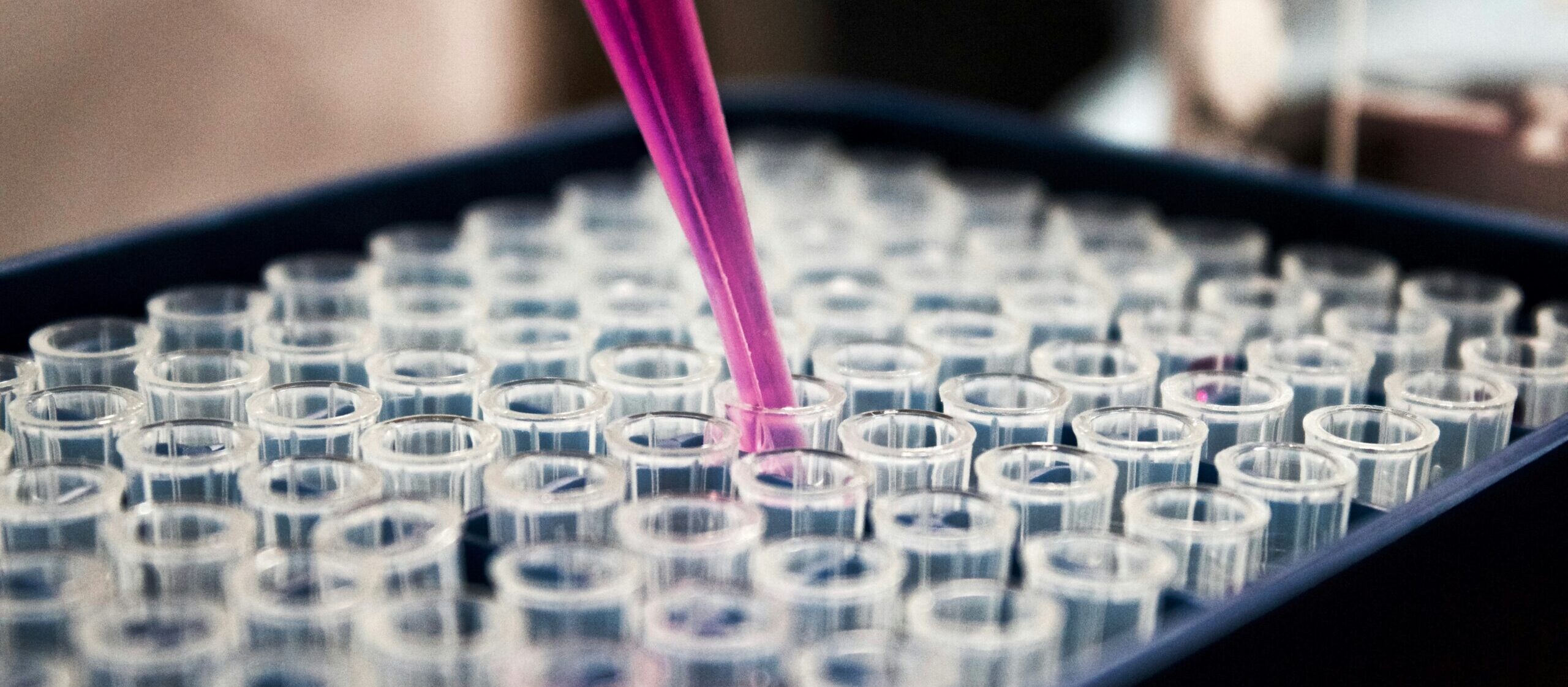


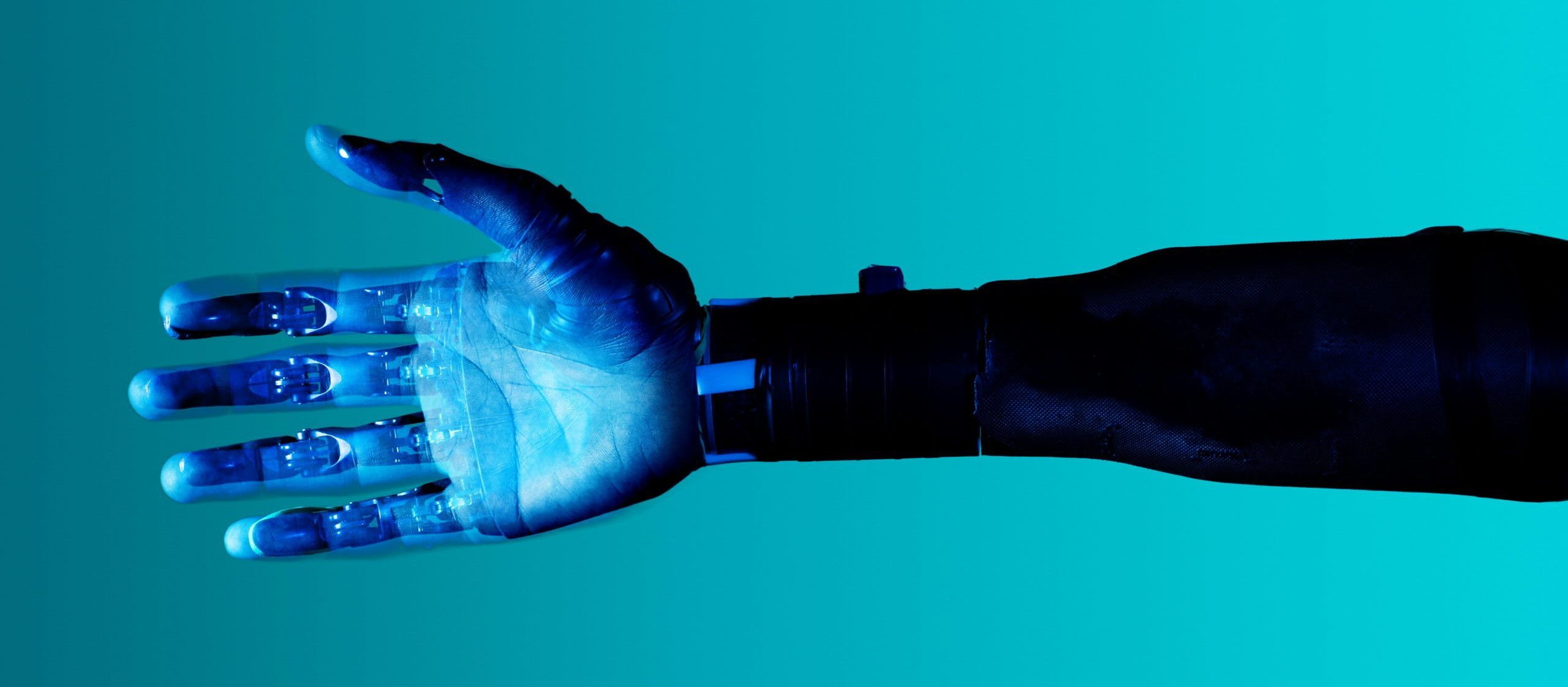

Leave a Reply